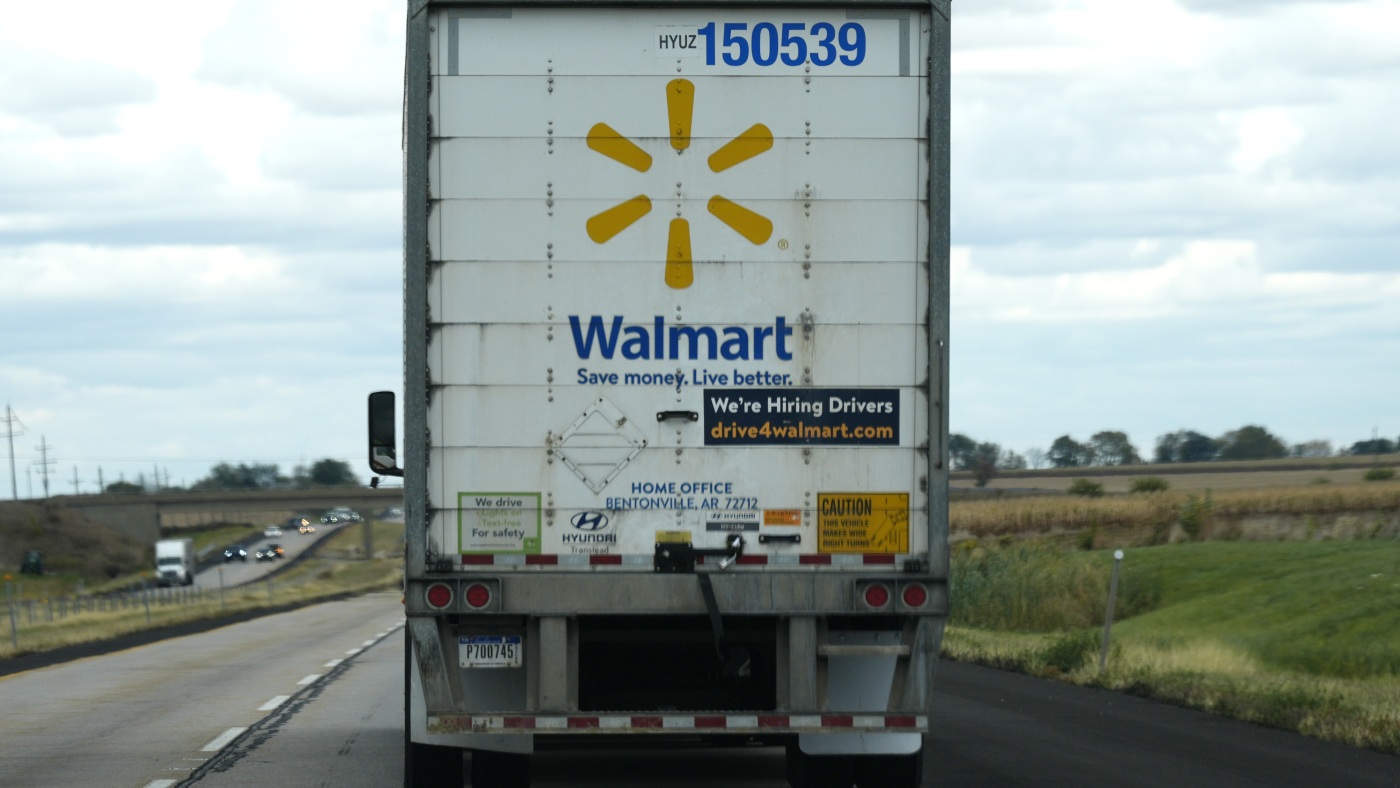When Andre Rivett dons the green and gold it means the world to him.
The athlete nicknamed “The Hulk” will next week be the only Australian representing his country on the global stage at the Trisome Games in Antalya, Türkiye.
The 26-year-old from Woodridge in Logan City, Queensland, will compete with the biggest smile, a secret weapon, and the hope that one day athletes with Down syndrome will be recognised at the Paralympics.
His dad, Steve Rivett, said this was the pinnacle event, held every four years, for athletes with Down syndrome.
It will run from March 19 to 26.
“So this year, they’re looking at 36 countries, over 1,500 athletes, over nine sports … so it’s a big, big deal,” Steve said.
Andre, who competes in discus, shot-put and javelin, said with a big thumbs-up that he was going there to win “three gold medals” and get “three personal bests”, but he was also going there to have fun.
“We strongly believe that if it hadn’t been for athletics, Andre wouldn’t be the person he is right now,” Steve said.
“It’s taught him to listen to people that he only sees once a month, once a weekend … [and to] officials overseas, where English isn’t their first language.
“He’s just learnt everything and it’s just helped him, in real life, to the extent now where he’s working at a cafe and he’s able to function around the community. He’s just grown so much.”
It took some time for Andre to find athletics but, when he did, his dad said it was like a “duck to water” after a bit of trial and error elsewhere.
“We’ve always wanted to treat him as an able-bodied person,” Steve said.
“So growing up, around the age of under-6s … we tried him at soccer and he loved it. He trained the house down but just wouldn’t play.
“He wanted to play rugby. Again, trained the house down but didn’t want to play. Basketball … same thing.”
Then a light-bulb idea came from his school teacher, who suggested individual sports were more for Andre. Athletics was thrust onto the table.
He attended his first competition – a discus event — and that’s where he met Olympian Matt Denny and earned the nickname “The Hulk”.
“Andre walked out there not knowing what to do, who everybody is, but they’ve taken him under their wing and ever since then it’s just been fantastic,” Steve said.
“Andre has been competing in athletics now since 2014 … he was the very first Down syndrome person to ever represent Australia in an athletics competition.”
Coach Brett Green, who first met Andre at an athletics event, describes him as a great learner.
That is why it is no surprise Andre has managed to become the only Down syndrome athlete in the world to perform the full 360-degree turn in discus — a skill that isn’t easy to master.
“One of the big things for me when we talk about disabilities is that it’s not about what their disability is, it’s about what their ability is, and you need to coach the ability,” Green said.
“So we need to work out what they can do, not what they can’t do.
“And then we’ve just worked through and tried various drills until he can either pick up something or he can’t pick it up, in which case, we stopped doing that and we move on another direction.
“So, certainly the last few competitions that he’s done, he’s been the only person that’s been sort of doing a reasonable glide in shot-put … and then a turn in discus.”
Green said he was hoping Andre’s secret weapon of being able to complete the full turn didn’t remain a secret for too long.
“There may be others that come out with the skill because they’ve been watching [Andre] and they’ve been trying to copy it as well,” he said.
“And the beauty is we can go over [to Türkiye] and as a coach, I can go over there and show them that … trying to actually just teach everybody to be better at what they’re doing.”
As it stands, athletes with Down syndrome don’t get the opportunity to compete at the Paralympic Games.
But Andre and his family, and coach Green, are all hoping that will change, soon.
“It is very difficult in that with the various groups, there’s so many different categories of disability, so the Games would become unworkable if we have every event for every disability,” Green said.
“Hopefully in the near future, and possibly even by Brisbane 2032, we do have Down syndrome represented at the Games in some form and then hopefully it can grow from there.”
Sports content to make you think… or allow you not to. A newsletter delivered each Friday.







:quality(85):upscale()/2024/03/11/804/n/1922398/097d29a765ef4b1882eb65.13722400_.jpg?w=75&resize=75,75&ssl=1)











